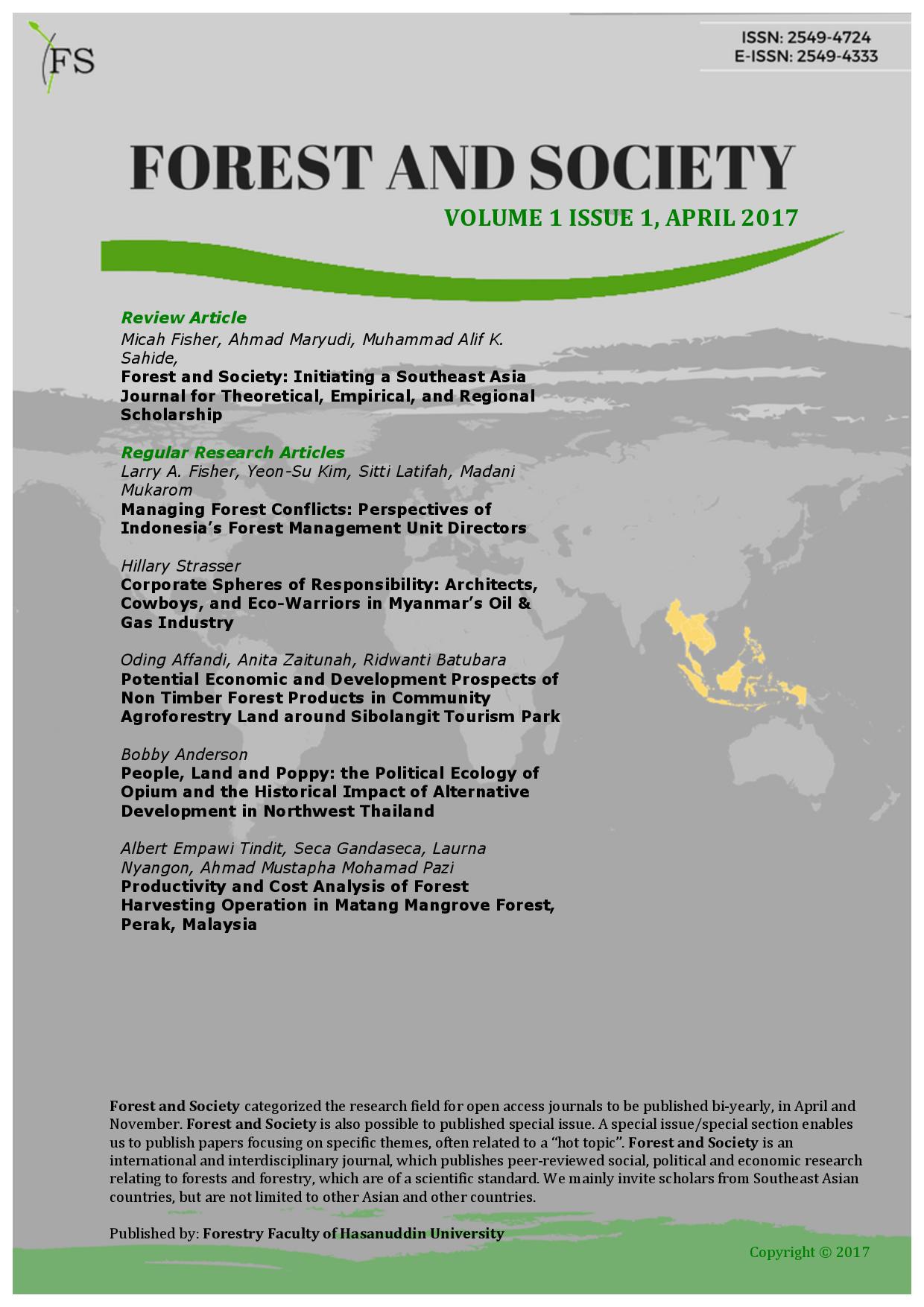We examine social-environmental justice in forest governance by asking who is problematized as drivers of deforestation and forest degradation. We adapt Bacchi’s “What is the problem represented to be” approach to the community forest (CAF) model in Burkina Faso and the Payment for Forest Environmental Services (PFES) in Vietnam and examine the implementation of these policies in specific sites through disaggregated focus group discussions (men, women, youth, ethnic minorities). We delve into the discursive, lived and subjectification effects of the policies’ problematizations, highlighting tensions and contestations relating to forest access and benefits. For both countries, what is left unproblematized in the implicit policy focus on the local is a “communal fix” of indigeneity tied to idealized and collective governance of fixed areas of land and exclusionary processes for those that do not fit the ideal. We argue that market-oriented approach in policies such as CAF and PFES absent of the wider underpinnings of the political and historical forest will only exacerbate social-environmental injustices.
DOI:
https://doi.org/10.24259/fs.v8i1.34276
Dimensions Nombre de citations:

Année de publication
2024
Auteurs
Wong, G.; Karambiri, M.; Pham, T.T.; Ville, A.; Hoang, T. L.; Linh, C.D.T.; Downing, A.; Jiménez-Aceituno, A.; Brockhaus, M.
Langue
English
Mots clés
forest policy, policy analysis, community forestry, ecosystem services, climate change, mitigation, governance
Géographique
Burkina Faso, Viet Nam


















